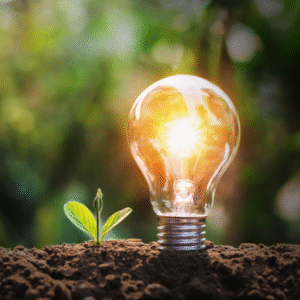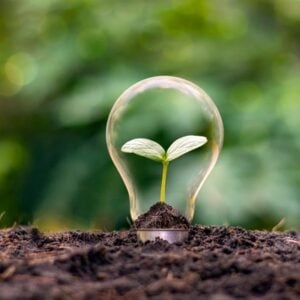In 2024, Belarus achieved a major milestone by replacing about three billion cubic meters of imported natural gas with locally sourced fuels, primarily wood waste. Given that over 40% of the country is covered by forests, this transition represents a natural and strategic move toward energy diversification. The United Nations Development Programme (UNDP) has played a crucial role in supporting this shift, viewing local fuel use as essential for both energy independence and climate action. The progress and challenges of this transition were discussed at a recent roundtable organized by UNDP in Minsk as part of the Energy and Environment Forum.
Belarus’ new approach capitalizes on its abundant natural resources. Routine forest management and the removal of fallen trees now supply biomass that was once considered waste. The forestry sector’s surplus timber production also contributes to the growing fuel supply for local energy facilities. Currently, more than half of Belarus’s 10,500 energy production facilities operate on local fuels. In 40 districts, their share exceeds 70%, while in another 30, it ranges between 50% and 70%. Local energy generation is also economically advantageous—costing around 20% less than natural gas. The government aims to increase the renewable share in the national energy mix from 6% to 8% by 2030, largely through expanded biomass infrastructure.
UNDP’s experience in implementing localized energy projects has been instrumental in this success. A particularly innovative experiment began in 2017, when a test boiler in Brest was designed to run on hay harvested from overgrown wetlands. This biomass alternative proved cost-effective, as 2.5 tons of hay could replace 1,000 cubic meters of natural gas. The pilot project, supported by the UNDP–EU “Clima-East” initiative, also restored degraded fen mires by encouraging mowing, turning environmental restoration into an energy solution. Scientists estimated that biomass from the Sporovskoe fen mire alone could heat a town of 25,000 people. If scaled across the nation’s 600,000 hectares of degraded wetlands and meadows, potential annual savings could reach $420 million in natural gas costs.
These efforts reflect two decades of UNDP’s systematic work to build Belarus’s sustainable energy ecosystem. Early projects like “Biomass Energy for Heating and Hot Water Supply,” implemented with the Global Environment Facility, pioneered biomass-based heat and power systems. Later, the UNDP–EU project “Supporting the Transition to a Green Economy in the Republic of Belarus” advanced biofuel production, including the creation of mobile wood-waste processing facilities in Brest. These initiatives demonstrated how sustainable technologies can be scaled to strengthen national energy resilience.
Beyond technology, UNDP’s projects have delivered meaningful environmental and social benefits. The transition to local fuels has reduced fossil fuel dependency and greenhouse-gas emissions. Increased use of wood waste promotes forest health through regular clearing, reducing risks of fires and pest infestations. Meanwhile, biomass-based heating systems improve energy reliability in rural areas and generate new employment opportunities across collection, processing, and maintenance chains. Cleaner and safer forested and urban areas have also improved living conditions in local communities.
Looking ahead, UNDP plans to strengthen partnerships among the government, private sector, and scientific institutions to advance renewable energy development in Belarus. Discussions at the recent roundtable “Advantages and Features of Using Pellets in Energy Sources of the Republic of Belarus” highlighted the need for uniform standards, transparent supply chains, and digital technologies to enhance monitoring and management. By harnessing its natural resources responsibly, Belarus is paving the way toward greater energy independence, lower emissions, and a sustainable, resilient future.






